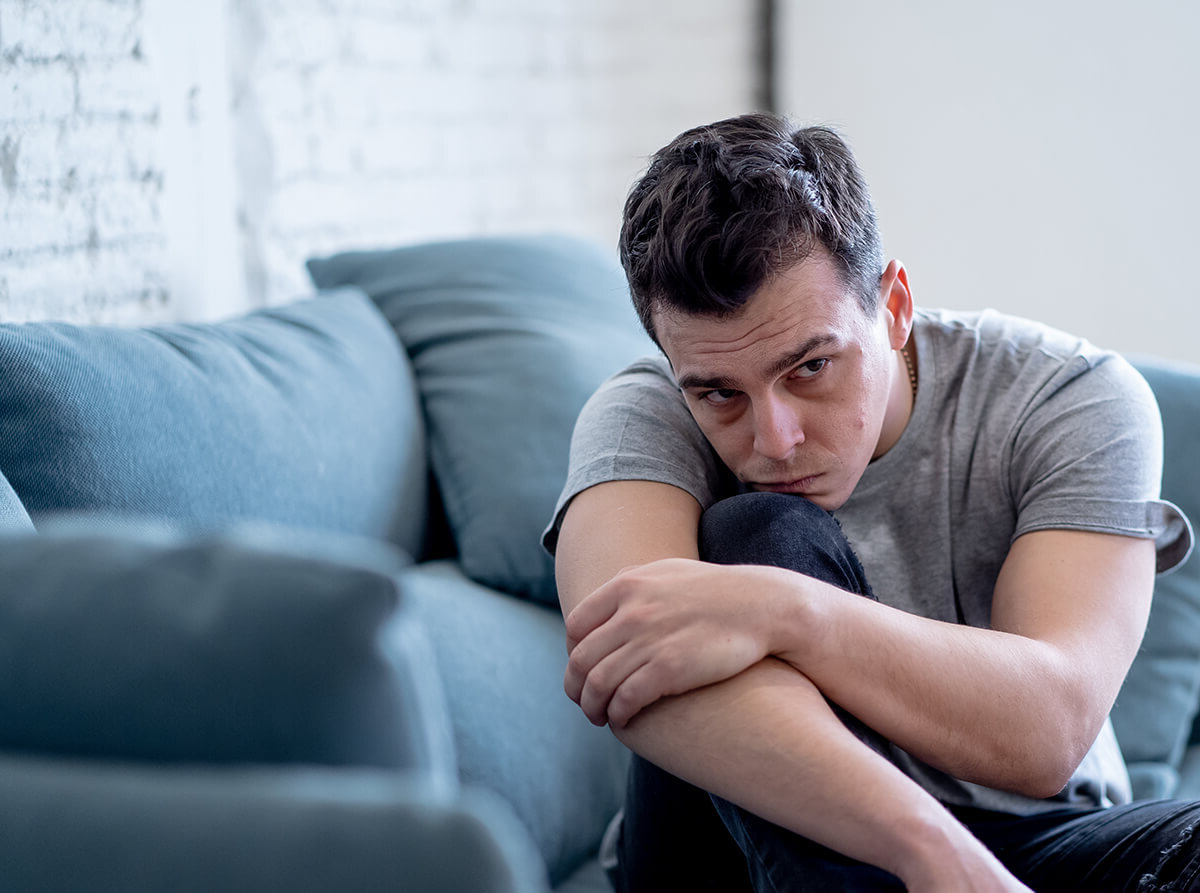
Cannabis withdrawal can be a challenging experience for many. What exactly happens when someone stops using cannabis? This post will explore 40 facts about the symptoms, duration, and coping strategies for cannabis withdrawal. Common symptoms include irritability, anxiety, and sleep disturbances. These symptoms can vary in intensity and duration, often peaking within the first week. Why does this happen? The body and brain need time to adjust to the absence of THC, the active compound in cannabis. Understanding these facts can help individuals prepare and manage their withdrawal journey more effectively. Whether you're considering quitting or just curious, this guide offers valuable insights into the process.
Understanding Cannabis Withdrawal
Cannabis withdrawal can be a challenging experience for those who have used marijuana regularly. Understanding the symptoms and effects can help manage the process better. Here are some key facts about cannabis withdrawal.
-
Cannabis withdrawal is real. Many people believe that marijuana isn't addictive, but regular use can lead to dependence and withdrawal symptoms when stopping.
-
Symptoms can start within 24 hours. Withdrawal symptoms often begin within a day of quitting cannabis.
-
Symptoms peak in the first week. The most intense symptoms usually occur within the first week of stopping use.
-
Symptoms can last for weeks. While the worst symptoms may peak early, some can linger for several weeks.
Common Symptoms of Cannabis Withdrawal
Withdrawal from cannabis can manifest in various ways. Here are some of the most common symptoms people experience.
-
Irritability and anger. Many people feel more irritable or angry when they stop using cannabis.
-
Anxiety. Increased anxiety is a common withdrawal symptom.
-
Depression. Some individuals may experience feelings of depression during withdrawal.
-
Sleep disturbances. Trouble sleeping, including insomnia and vivid dreams, is a frequent complaint.
-
Decreased appetite. Many people notice a reduced appetite when they stop using cannabis.
-
Restlessness. Feeling restless or unable to relax is another common symptom.
Physical Symptoms of Withdrawal
Cannabis withdrawal isn't just about mood changes; it can also affect the body physically.
-
Headaches. Some people experience headaches when they stop using cannabis.
-
Sweating. Increased sweating, especially at night, can occur.
-
Chills. Feeling cold or experiencing chills is another physical symptom.
-
Stomach pain. Some individuals report stomach discomfort or pain.
-
Nausea. Nausea and even vomiting can be part of the withdrawal process.
Psychological Effects of Withdrawal
The psychological impact of cannabis withdrawal can be significant. Here are some effects to be aware of.
-
Mood swings. Rapid changes in mood are common during withdrawal.
-
Difficulty concentrating. Many people find it hard to focus or concentrate.
-
Cravings. Strong cravings for cannabis can occur, making it hard to stay abstinent.
-
Increased stress. Stress levels can rise during withdrawal.
-
Paranoia. Some individuals may experience feelings of paranoia.
Managing Cannabis Withdrawal
Knowing how to manage withdrawal symptoms can make the process easier. Here are some strategies that can help.
-
Stay hydrated. Drinking plenty of water can help alleviate some physical symptoms.
-
Exercise regularly. Physical activity can reduce stress and improve mood.
-
Eat a balanced diet. Proper nutrition supports overall health and can ease withdrawal symptoms.
-
Get enough sleep. Prioritizing sleep can help manage irritability and mood swings.
-
Practice relaxation techniques. Techniques like deep breathing, meditation, or yoga can reduce anxiety and stress.
Seeking Support During Withdrawal
Support from others can be crucial during cannabis withdrawal. Here are some ways to find help.
-
Talk to a therapist. Professional counseling can provide strategies for coping with withdrawal.
-
Join a support group. Connecting with others who are going through the same experience can be comforting.
-
Lean on friends and family. Support from loved ones can make a big difference.
-
Consider medication. In some cases, medication may be prescribed to help manage symptoms.
-
Stay busy. Keeping occupied with hobbies or work can distract from withdrawal symptoms.
Long-Term Effects of Quitting Cannabis
Stopping cannabis use can have long-term benefits. Here are some positive changes that can occur.
-
Improved mental clarity. Many people find their thinking becomes clearer after quitting.
-
Better lung health. Quitting smoking cannabis can improve respiratory health.
-
Enhanced mood. Over time, mood can stabilize and improve.
-
Increased energy. Many individuals report feeling more energetic after quitting.
-
Better relationships. Improved mood and mental clarity can enhance personal relationships.
Myths About Cannabis Withdrawal
There are many misconceptions about cannabis withdrawal. Here are some myths debunked.
-
"Cannabis isn't addictive." Regular use can lead to dependence and withdrawal symptoms.
-
"Withdrawal is just in your head." Withdrawal symptoms are real and can be both physical and psychological.
-
"It only lasts a few days." Symptoms can last for weeks, not just a few days.
-
"Only heavy users experience withdrawal." Even moderate users can experience withdrawal symptoms.
-
"There's no help available." Many resources and support systems are available to help manage withdrawal.
Final Thoughts on Cannabis Withdrawal
Cannabis withdrawal can be tough, but understanding the symptoms helps. Common signs include irritability, anxiety, insomnia, and decreased appetite. These usually peak within the first week and taper off after two weeks. Staying hydrated, eating well, and exercising can ease the process. Support systems like friends, family, or support groups make a big difference. If symptoms feel overwhelming, seeking professional help is a good idea. Remember, withdrawal is temporary, and getting through it leads to long-term benefits. Knowing what to expect and having a plan makes the journey smoother. Everyone's experience is different, so be patient with yourself. With the right approach, overcoming cannabis withdrawal is entirely possible.
Was this page helpful?
Our commitment to delivering trustworthy and engaging content is at the heart of what we do. Each fact on our site is contributed by real users like you, bringing a wealth of diverse insights and information. To ensure the highest standards of accuracy and reliability, our dedicated editors meticulously review each submission. This process guarantees that the facts we share are not only fascinating but also credible. Trust in our commitment to quality and authenticity as you explore and learn with us.


